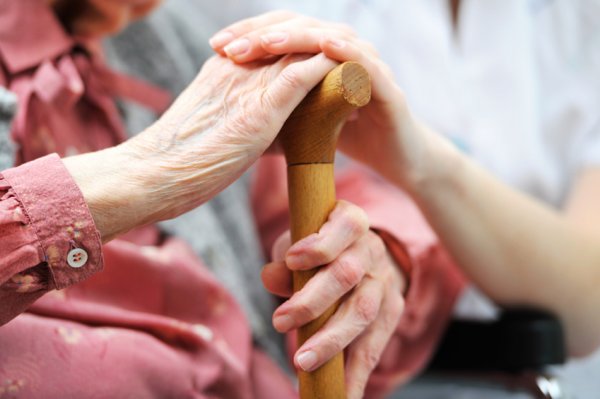
How many of us have really given much thought to the quality of services delivered in aged care facilities? I mean the quality of care in the nursing homes and lower care category facilities?
As I grow older and approach the time when “it could be me”, I start to reflect on this subject and notice articles about it.
Yesterday morning I heard a great program on the ABC about the standard of care, or should I say lack of it. There was also an article in the Crimes about funding cuts to the nation’s nursing homes.
Unless the deaths are spectacular or heinous, the stories rarely rate the news. However the two instances related yesterday on the ABC really related to the lack of quality of care not to some deliberate act.
The Crimes talked about the withdrawal of the $16 a day Dementia and Severe Behaviour Supplement on July 31 and the payroll tax subsidy for the “for-profit” sector in aged care.
This is an area where the Commonwealth has responsibility and the withdrawal of these subsidies is to be deplored. But it is not the only thing failing those folks resident in the aged care facilities.
All facilities have to be accredited and there is a federal complaints scheme in place. But complaining is about the past. Having appropriate process in place is about the present and the future.
Accreditation is also about the quality of the facilities such as supportive care services, access to recreational programs, infrastructure and dietary needs, to name a few.
Commonwealth funding is often dependent on the achievement of accreditation but that funding isn’t directly to quality of care, and how the individual needs of residents can be catered for.
One of the stories related to an older person being required to wear incontinence pads because there was insufficient staff to help with toileting.
I am aware of medication dispensing mistakes, probably because insufficiently trained staff were dispensing medication to a large number of residents. Proper training regimes should be mandatory for accreditation and funding but I question whether they are examined.
The two deaths described on the ABC yesterday didn’t need to happen. They just should not happen.
People don’t go into aged care facilities because it is a great thing for the next stage of their lives. They go there so that they can be looked after and be safe.
They go there because the families can’t look after them. Families are amateurs at this and sometimes older folks need professional care 24/7.
I’m putting this out because it disturbed me and I am looking for feedback. I might just look into the role advocacy groups and what information is available about the quality of care in aged care facilities.
Watch this space.




















